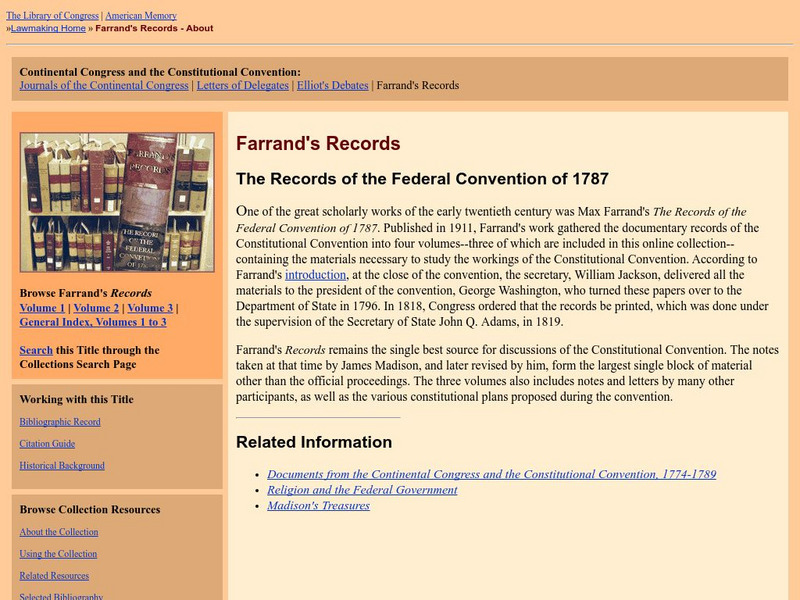Hi, what do you want to do?
Khan Academy
Khan Academy: Us History: 1754 1800: The Constitutional Convention
Shortly after the end of the Revolutionary War, American leaders realized that the nation needed a new, stronger Constitution. But what would the new system of government look like?
Khan Academy
Khan Academy: Us History: 1754 1800: Constitutional Convention and Ratification
A quick comprehension check over the Constitutional Convention and debates over ratification.
US National Archives
Docsteach: The Voting Record of the Constitution
In this activity, students will analyze a primary source document to find relevant historical data and measure the degree of agreement and disagreement during the Constitutional Convention.
Michigan State University
Michigan State University: American Revolution: The Articles of Confederation and the Constitution
In a nutshell, you can find out the problems the new nation had under the Articles of Confederation and the process resulted in a new constitution.
US National Archives
Nara: Charters of Freedom: Constitution of the United States
Comprehensive overview of the U.S. Constitution. Places the Constitution in context with two other founding charters of American democracy and government, the Declaration of Independence and the Bill of Rights. Includes access to digital...
University of Groningen
American History: Outlines: Drafting the Constitution
Essay covers from the Articles of Confederation and the problems of disunity of the new states after the Revolutionary War, internally as well as externally, to the Constitutional Convention, an attempt to address the Articles' problems....
University of Groningen
American History: Outlines: Constitutional Convention
George Washington wrote of the period between the Treaty of Paris and the writing of the Constitution that the states were united only by a "rope of sand."Disputes between Maryland and Virginia over navigation on the Potomac River led to...
Quia
Quia: The Articles of Confederation and the Constitutional Convention
Take a quiz on the Articles of Confederation, Constitutional Convention, Northwest Ordinance and Shay's Rebellion.
Library of Congress
Loc: The United States Constitution
See transcripts of the debates of the Federal Convention of 1787, the draft of the Constitution, or see the facsimiles of the original documents. Trace the progress of the Constitution using the historical documents themselves.
University of Oklahoma
University of Oklahoma College of Law: The Annapolis Convention
Historical document reveals details of the Annapolis Convention, a national political convention held in 1786 Annapolis, Maryland, in which twelve delegates from five states gathered to discuss and develop a consensus about reversing the...
University of Chicago
The Founders' Constitution
The University of Chicago provides thousands of primary source documents concerning the diverse contents of the Constitution. Documents underlying the proposed Constitution, as well as documents of the time debating the proposed...
Library of Congress
Loc: Records of the Federal Convention: Farrand
This article offers discussion of various aspects of the Federal Constitutional Convention of 1787, along with images from original congressional documents.
US Senate
The u.s. Senate: The Senate and the United States Constitution
This site from the United States Senate provides information about the evolution of the Senate as the Constitution was being written by the Constitutional Congress.
US Department of State
Office of the Historian: Constitutional Convention and Ratification
Among the many weaknesses of the Articles of Confederation was the inability of the government to conduct foreign policy in an effective manner. Find out how the Constitutional Convention addressed this issue by allowing the Executive...
Teaching American History
Teaching American History: Resources on the Convention
Committees, committee assignments, themes of the Constitutional Convention and more resources are provided. Go into depth studying the details of the significant convention.
Stanford University
Sheg: Document Based History: Reading Like a Historian: Slavery in Constitution
[Free Registration/Login Required] Students use primary source documents to investigate the central historical question about slavery. In this investigation students consider the positions of delegates to the Constitutional Convention...
Library of Congress
Loc: New Nation: The Constitution [Pdf]
This teacher's guide provides a list of resources for information about the Constitution and its signers.
Siteseen
Siteseen: Government and Constitution: Constitutional Convention
The delegates of the Constitutional Convention framed the Constitution of the United States as a basis of government to address the weaknesses of the Articles of Confederation.
University of Chicago
The Founders' Constitution: Constitutional Convention: Introduction
A lengthy and detailed article on the issues and events of the Constitutional Conventions in their attempt to amend and then replace the Articles of Confederation.
Yale University
Notes of Rufus King in the Federal Convention of 1787
A transcript of the actual handwritten notes taken by Rufus King (delegate from Massachusetts) at the Constitutional Convention in 1787.
Library of Congress
Loc: Ferrand's Records: Records of the Federal Convention
A large collection of chronological links to the text of the official records of the Constitutional Convention in Philadelphia in 1787.
Michigan State University
Michigan State University: American Revolution: The Argument Over the Constitution
The National Humanities Center provides a full-length essay on the constitutional debate during the time of the Constitutional Convention.
The Dirksen Congressional Center
Congress for Kids: Signing the Constitution
This site has a brief summary that describes the delegates to the Constitutional Convention. This group is sometimes called the "Founding Fathers."
Digital History
Digital History: Ratifying the Constitution
After the Constitution was written, debated, and finally adopted by the Constitutional Convention, it was sent to the states to ratify. Read about the fears of those who did not want to ratify it and see how their fears were addressed.







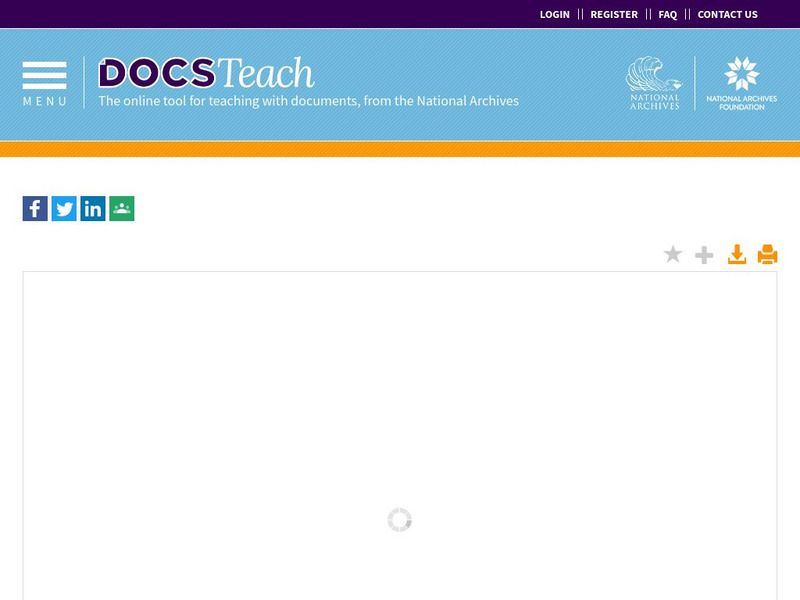



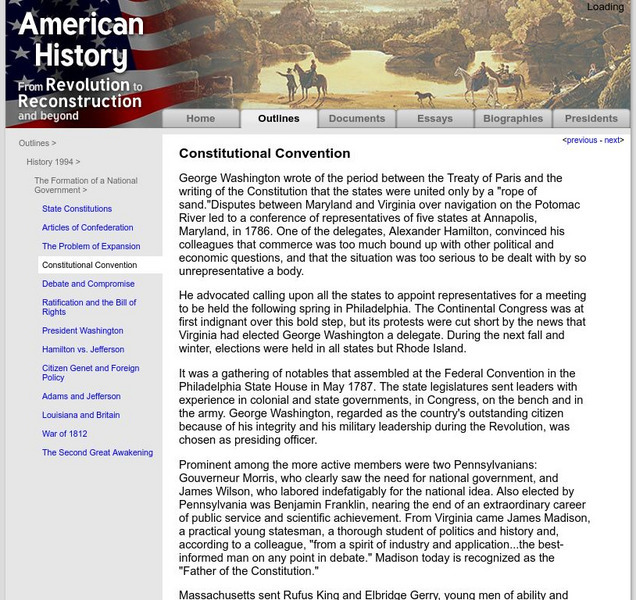


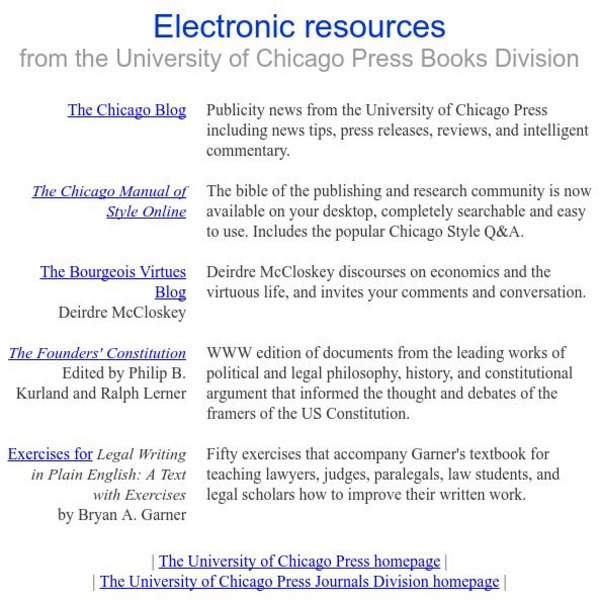

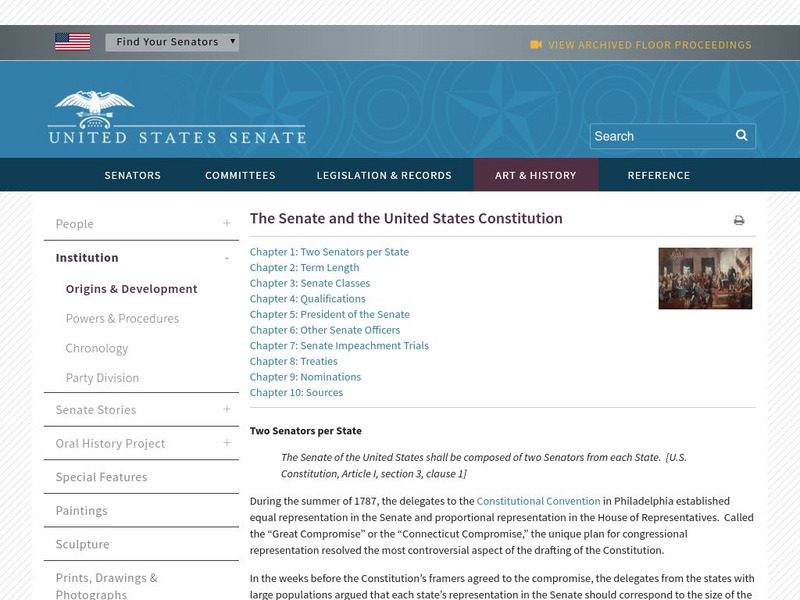



![Loc: New Nation: The Constitution [Pdf] Primary Loc: New Nation: The Constitution [Pdf] Primary](http://lessonplanet.com/content/resources/thumbnails/409969/large/bwluav9tywdpy2symdiwmduymc05nzyyltfmd25rnwyuanbn.jpg?1589982760)



